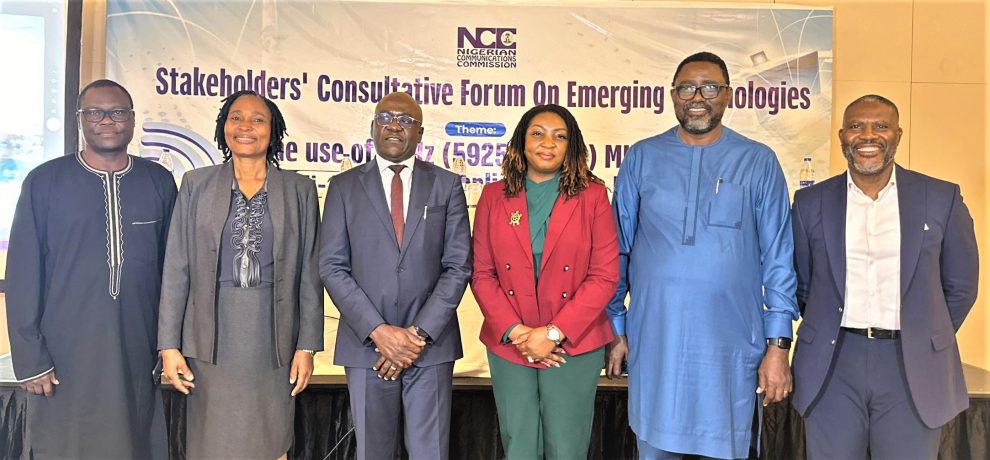Nigeria is poised to join the ranks of countries utilizing the 6GHz band for Wi-Fi 6 applications, a move expected to significantly boost internet accessibility and speed. At a recent industry stakeholder event, the Nigerian Communications Commission (NCC) outlined its plans to harness the 6GHz band, spanning 5925 MHz to 7125 MHz, to support growing demand for high-speed internet.
Key Benefits of 6GHz Band
- Increased Spectrum: Substantial increase in available spectrum to support advanced applications
- Improved Wi-Fi Performance: Enhanced reliability, higher data throughput, and lower latencies
- Better Connectivity: Supports simultaneous connection of large numbers of devices
The NCC’s Executive Commissioner, Technical Services, Engr. Abraham Oshadami, emphasized the commission’s strategic focus areas, including people, collaboration, data, compliance, and digitalization. He highlighted the importance of stakeholder input in guiding the commission’s decisions.
Challenges and Opportunities
- Infrastructure and Investment: Challenges to consider in deploying this advanced technology
- Rural Access: Potential to expand access to rural areas
- Cost Reduction: Expected reduction in Wi-Fi connectivity costs over time
The 2023 World Radiocommunications Conference (WRC-23) allocated the 6GHz band for Wi-Fi and IMT applications, paving the way for Nigeria’s adoption. As the country moves forward, the NCC seeks feedback from stakeholders to inform its decision-making process.
This development marks a significant step towards enhancing Nigeria’s telecommunications landscape, with far-reaching implications for businesses, individuals, and the economy as a whole.




Add Comment